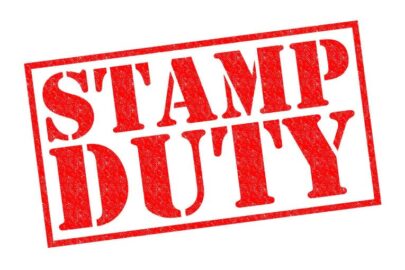Nick Lyons, chief executive of inventory specialists, NoLetting Go, said: “The Chancellor put economic stability at the heart of her agenda and if that means low inflation and lower inflation, that will help everyone in the property sector.
“It was good to see that landlords escaped the predicted increase in Capital Gains Tax but they didn’t get away scot-free and the rise in Stamp Duty to 5% may mean that some of them decide not to increase their portfolios.
“Having said that, the increase in CGT on other assets may mean investors might be tempted to look at residential property as a better option.
“For letting agencies and the enormous number of small suppliers that agents all depend on so heavily are all very heavily people dependent, so the increase in the minimum wage and the rise in employer NI contributions will have a massive effect. This will inevitably be passed on to landlords or they will have to absorb the costs. I suspect that some of the smaller players will reconsider whether running a small business is worth it. I think that some businesses may also look to technology to aid expansion instead of taking on additional staff.
“I can’t see any measures that will grow the PRS – so it looks like supply will continue to be restricted which means rents continue to rise.”
Keith Church, head of economic modelling at 4most, added: “Hiking Stamp Duty on new landlords was presented as a win for first-time buyers who shop in the same market. But the reality is that after the fall in the stamp duty threshold back to £300,000 in April, many first-time buyers will need to find more cash.
“Building more homes is the only sustainable solution – everything else is just window dressing.
“The government’s promises here are encouraging. But with a shortage of construction workers and uncertain profitability in housebuilding, delivery is a whole different story.”
